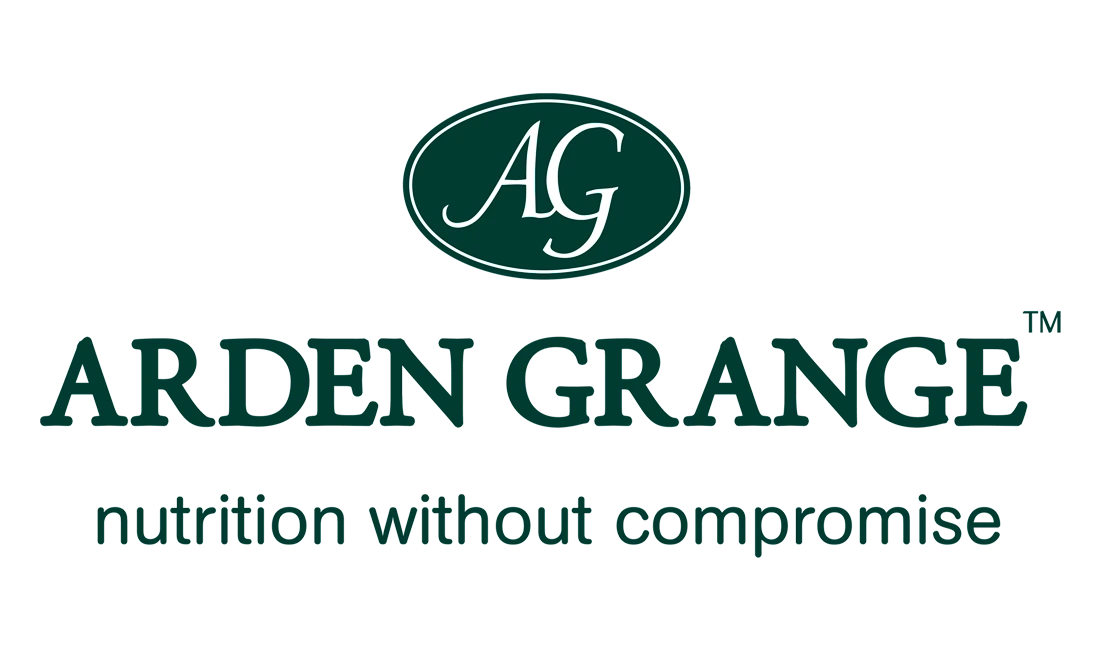7 signs your pet has a sensitive stomach
Almost every pet especially those with access to the outdoors, will have an upset tummy at some point. But how can you tell if your cat or dog has a sensitive digestion?
- Flatulence, very smelly stools or the tendency to pass loose stools
- Scooting or circling – anal gland problems
- Bad breath (although this may be related to dental problems or other illness)
- Increased frequency of passing stools or passing excessive volumes of waste
- Gulping or bringing up bile or froth – acid reflux
- Easily upset tummy if the diet is changed or a new type of treat is fed
- Often reluctant to eat (this may not be down to fussiness, it could be due to neophobia – an innate fear of certain foods due to their potential to cause an upset)
Remember that many cats and dogs have both >sensitive skin and digestion, particularly if the problem is related to allergies as histamine is released in both the gut and the skin. If you suspect your pet has a long-term problem or regularly experiences the symptoms listed above your vet will be able to establish the cause and ensure appropriate medical treatment if necessary. The right diet is so important for sensitive pets, and in the event of food allergies, a product that excludes any known or suspected allergens is a crucial part of their care. Even if a pet does not require any ingredient restrictions, a diet that supports the skin/coat, digestion and immune system can still be highly beneficial. All of our products are naturally hypoallergenic and free from the most common dietary allergens but our sensitive range in particular has helped countless cats and dogs with sensitive digestions back to optimal health and comfort.


 Puppy
Puppy
 Adult
Adult
 Senior
Senior
 Sensitive
Sensitive
 Treats
Treats Kitten
Kitten
 Adult
Adult
 Senior
Senior
 Trusted British Brand
Trusted British Brand

